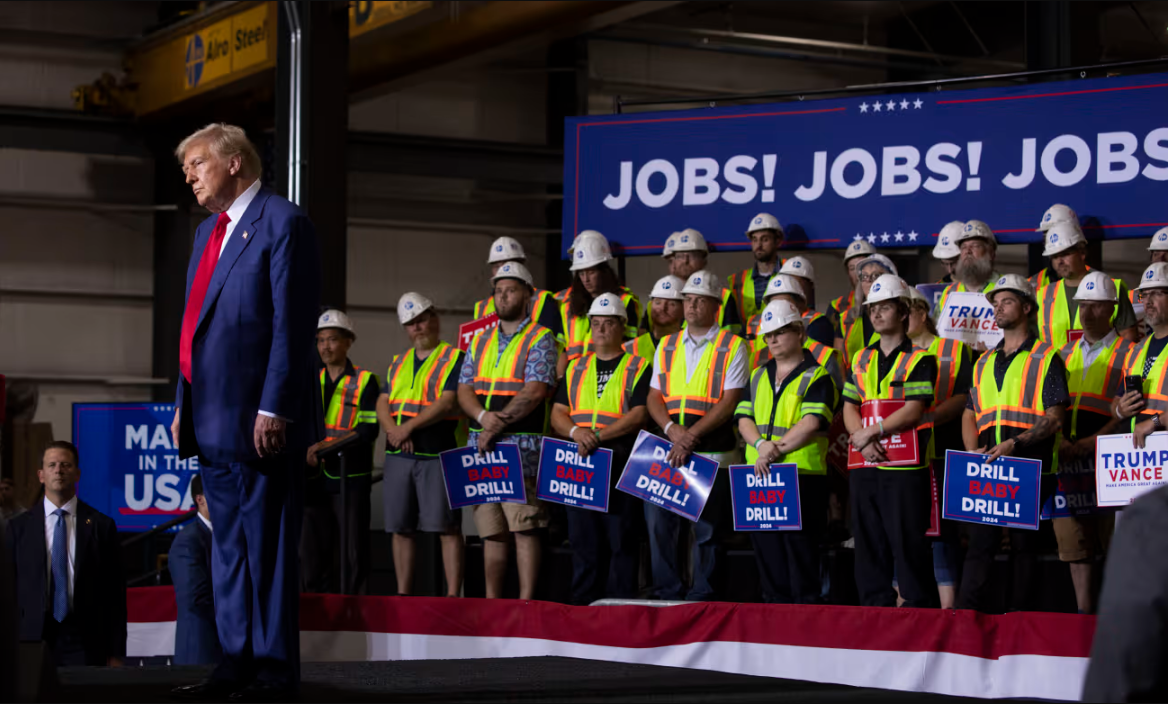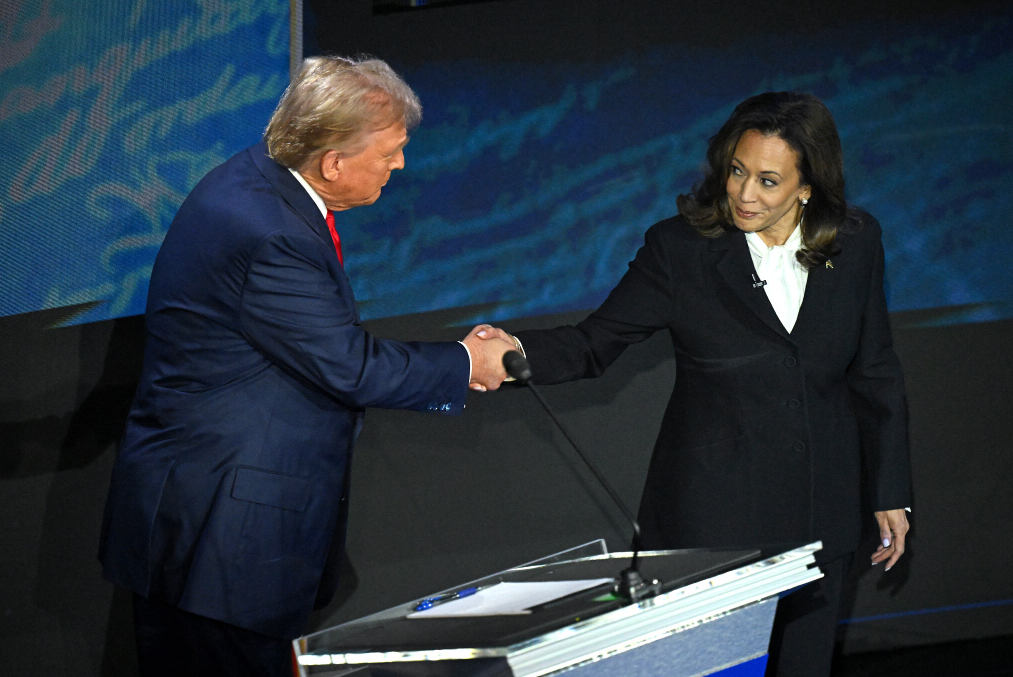Ghulam Ali, Deputy Director, Hong Kong Research Center for Asian Studies
Nov 22, 2024
A change in America’s political leadership will bring challenges, but China is not as vulnerable as some say. Aggressive U.S. policies could push China to diversify its investments and explore new markets, while projecting itself as a stable and predictable power.
Chen Jimin, Guest Researcher, Center for Peace and Development Studies, China Association for International Friendly Contact
Nov 22, 2024
Donald Trump’s victory in the 2024 presidential election is worrisome. People-to-people exchanges between China and the United States faced many challenges during his first term, and the Republican Party Platform is not friendly to outsiders. There could be stormy weather ahead.

Sun Chenghao, Fellow, Center for International Security and Strategy of Tsinghua University; Munich Young Leader 2025
Nov 18, 2024
Europe may be entering a quasi-competitive phase with the United States — no longer occupying the center of U.S. foreign policy. Rather, it will have to face Trump’s tendency to de-prioritize allies, which will likely add fuel to Europe’s drive toward strategic autonomy.

Ted Galen Carpenter, Senior Fellow, Randolph Bourne Institute
Nov 08, 2024
It’s likely that Washington’s sterile China policy will persist regardless of which candidate wins the U.S. presidential elections, a situation that could be detrimental for the entire global community.

Wang Huiyao, Founder, Center for China & Globalization
Nov 03, 2024
No matter who wins on Nov. 5 — Kamala Harris or Donald Trump — the coming vote will impact the world. China and the United States have a shared responsibility to navigate the problems of climate, economic development and conflict, and constructive efforts on both sides will make all the difference. This essay explores some possible election outcomes that will affect China.

Dan Steinbock, Founder, Difference Group
Oct 30, 2024
Israel’s Iran reprisals aren't over. A broader attack may ensue in cooperation with the United States, while the war-weary, ailing region would prefer to focus on economic development with China.
Stephen Roach, Senior Fellow, Yale University
Sep 30, 2024
Other than a few glib remarks, surprisingly little was said about China at this month’s US presidential debate. Former President Donald Trump asserted that his proposed import tariffs would punish “China and all of the countries that have been ripping us off for years.” Vice President Kamala Harris, for her part, disparaged China’s pandemic response, stating that President Xi Jinping “was responsible for lacking and not giving us transparency about the origins of COVID.”
Diao Daming, Professor at School of International Studies and Deputy Director of Center for American Studies, Renmin University
Sep 30, 2024
When President Joe Biden announced he would not seek re-election, American politics suffered a seismic shock. The Democratic Party’s substitution of Vice President Kamala Harris to face former president Donald Trump upended the apple cart. While Biden had been slipping, Harris’s momentum has made the outcome too close to call.
Sun Chenghao, Fellow, Center for International Security and Strategy of Tsinghua University; Munich Young Leader 2025
Sep 30, 2024
If both sides maintain a rational and pragmatic understanding of each other and continue on a path of patient, stable communication — looking for opportunities to close seemingly impossible gaps — then a positive outcome is still in the game.
Zhang Wenzong, Associate Research Fellow, CICIR
Sep 27, 2024
It’s unlikely that conservatism will regain the influence it once had — during the Reagan era, for example. A pivotal issue is whether traditional mainstream conservatism could merge with populist conservatism and national conservatism, and then make a comeback.